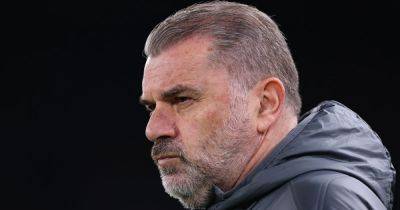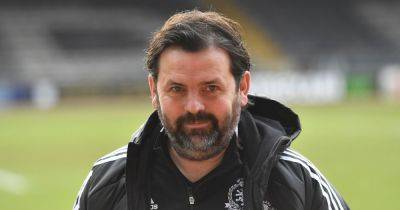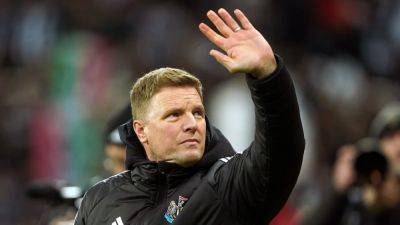How does new Titans leadership impact what they’ll do with No. 1 draft pick?
NASHVILLE, Tenn. — Titans president of football operations Chad Brinker sat in a meeting room at team headquarters on Wednesday and told reporters that all stones will be turned in regard to the No. 1 overall draft pick. He alluded to the attractiveness of Tennessee’s general manager position because of the franchise's possession of that selection.
But there was a vigor in Brinker’s voice when talking about building for the long term. About flipping the roster. About drafting and developing to set a new foundation for a roster in dire need of upgrades.
Brinker acknowledged that "you can’t pass up a generational talent," but quickly shifted to laying out his utopia as a personnel guy.
"If I can map this out perfectly," he explained, "I’d love to have 30 picks over the next three years and 12 of those come in the top 100. I mean, that would be ideal."
Neither Brinker nor Mike Borgonzi, the former Chiefs executive who was introduced as Tennessee's new GM on Wednesday, will say it. But trading the No. 1 overall pick — assuming a reasonable return — appears to be the best move for the Titans at this time. They have too many needs at too many premium positions to forgo the opportunity.
Quarterback is far from the only issue. Tennessee doesn’t have promising rookie-contract talent at right tackle, edge rusher or widereceiver. And due to the L’Jarius Sneed trade last season, the Titans don’t have a third-round selection this year. So they have just two picks in the top 100 (Nos. 1 and 35).
While opinions could vary in the Titans’ building, neither of this year’s top quarterbacks — Colorado’s Shedeur Sanders, Miami’s Cam Ward — is viewed as a generational talent by most league observers.
So trading the top pick (to








